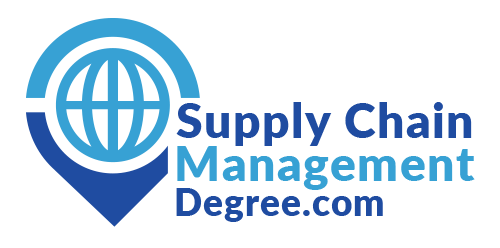Evaluating the ROI of Supply Chain Management Education
Investing time and resources in education is a significant decision, and when it comes to the dynamic field of supply chain management, professionals often weigh the return on investment (ROI) of pursuing additional education. As industries evolve, so do the expectations for supply chain professionals, making it crucial to evaluate the tangible benefits gained from advancing one’s education in this field.
Career Advancement One of the primary indicators of the ROI of supply chain management education is the potential for career advancement. Many employers value advanced degrees or certifications in supply chain management, considering them as evidence of a candidate’s commitment to professional growth. Those with specialized education often find themselves eligible for higher-level positions with increased responsibilities and, consequently, higher salaries.
Enhanced Skill Set Supply chain management education goes beyond theoretical knowledge, providing professionals with practical skills that are immediately applicable in the workplace. Whether it’s mastering advanced logistics software, understanding global supply chain strategies, or honing leadership and decision-making skills, an enhanced skill set gained through education can contribute significantly to improved job performance and efficiency.
Industry Recognition and Credibility Earning a degree or certification in supply chain management adds a layer of credibility to one’s professional profile. Employers recognize the value of relevant education, and industry certifications often carry weight in demonstrating a professional’s commitment to staying current with best practices and industry standards. This recognition can result in increased trust from both employers and peers.
Networking Opportunities Education provides a unique environment for networking with like-minded professionals, experienced faculty, and industry experts. Building a robust professional network can open doors to new opportunities, including job prospects, collaborations, and access to valuable insights. The relationships formed during education can prove to be invaluable throughout one’s career.
Adaptability to Industry Changes The supply chain industry is constantly evolving, driven by technological advancements, globalization, and market dynamics. Professionals with a solid educational background are better equipped to adapt to these changes, staying ahead of trends and remaining competitive in the job market. The ability to navigate new challenges and implement innovative solutions contributes significantly to long-term career success.
Evaluating the ROI of supply chain management education involves considering not just the immediate financial implications but also the long-term benefits that contribute to career growth and professional development.
The knowledge gained, skills acquired, and networks established during education create a foundation for sustained success in the ever-changing landscape of supply chain management. As professionals strive to stay relevant and advance their careers, investing in supply chain education remains a strategic and rewarding decision.



